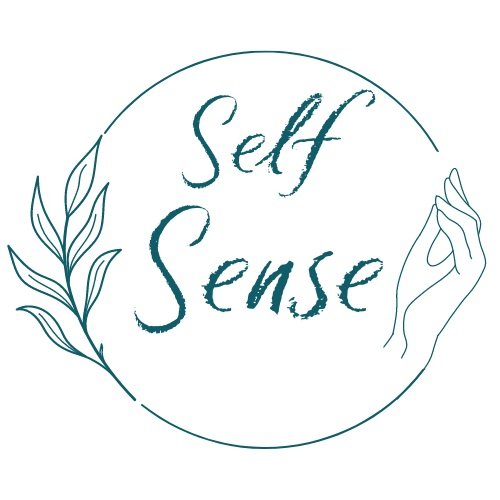Privacy policy
Self Sense Occupational Therapy recognises the importance of your privacy and respects your right to control how your personal information is collected and used.
In this policy, “Personal Information” means any information that may identify you, or by which your identity might be reasonably determined. The information you provide us may include, among other things, your name, address, email address, and phone number.
“Sensitive Information” refers to any information about an individual’s racial or ethnic origin, political opinions, membership in a political organisation, religious belief or affiliation, philosophical belief, membership in a professional or trade association, membership in a trade union, sexual preference or practices, criminal record, or health information.
“Health Record” encompasses any information held by us concerning your health. It may include your medical records, clinical history, medications, diagnoses, treatments, tests and results, medical procedures, your genetic information, file notes, consents, referrals and clinical correspondence, medical imaging, immunisation records, and any other information provided or collected by us relating to your health.
In Australia, the handling of this information is governed by the Privacy Act 1988 (Cth). This document aligns with the Australian Privacy Principles outlined in that Act.
Self Sense Occupational Therapy will ensure that client information remains private and protected. Physical files are stored on site in key-locked cabinets. Electronic files may be stored on cloud-based platforms or within software suites. Information recorded electronically will be held on client management software that is accessible only by password and two-factor authentication.
Client information will be held for at least 7 years. For children, it shall be held until they turn 25.
Where client data is held in an online cloud-based server, a privacy agreement similar to this one will be active between Self Sense and the service provider, ensuring that our information remains private. Please see below links for specific information regarding each system:
Clients may request access to their personal information or to have it amended. Clients wishing to access information may be asked to provide identification and are entitled to written reasons should access be denied. Self Sense must respond to amendment requests within 30 days.
Information collected by Self Sense may need to be shared with third parties. Such parties could include other health professionals, teachers, educators, the National Disability Insurance Agency, among others. Personal information will only be shared with the consent of the client or their parent/carer. This consent may be amended or withdrawn at the caregiver's discretion.
Self Sense Occupational Therapy are mandatory reporters. This means we may be required to report certain information, like child abuse or neglect, to government authorities. This information must be reported, regardless of whether consent is given.
Self Sense Occupational Therapy are required to comply with requests for information where the use or disclosure of the information is required or authorised by or under Australian law or a court/tribunal order.
Photos and/or videos will only be taken with the consent of the client or their parent/carer. These files shall remain on password-protected work computers and shall not be held on personal devices.
Videos/images may be used for training purposes with caregiver consent. Consent for use may be removed at any time.
Personal information shall never be shared with a third party for direct marketing. Should you have any concerns about this policy or the safekeeping of your information, please contact Tess Heine at admin@selfsense.com.au. If you feel dissatisfied with our response or wish to request a review of this policy, the Office of the Australian Information Commissioner (www.oaic.gov.au) is the appropriate authority.
In the event of a data breach beyond our control, Self Sense will notify affected individuals and the Office of the Australian Information Commissioner in accordance with the department’s current advice

